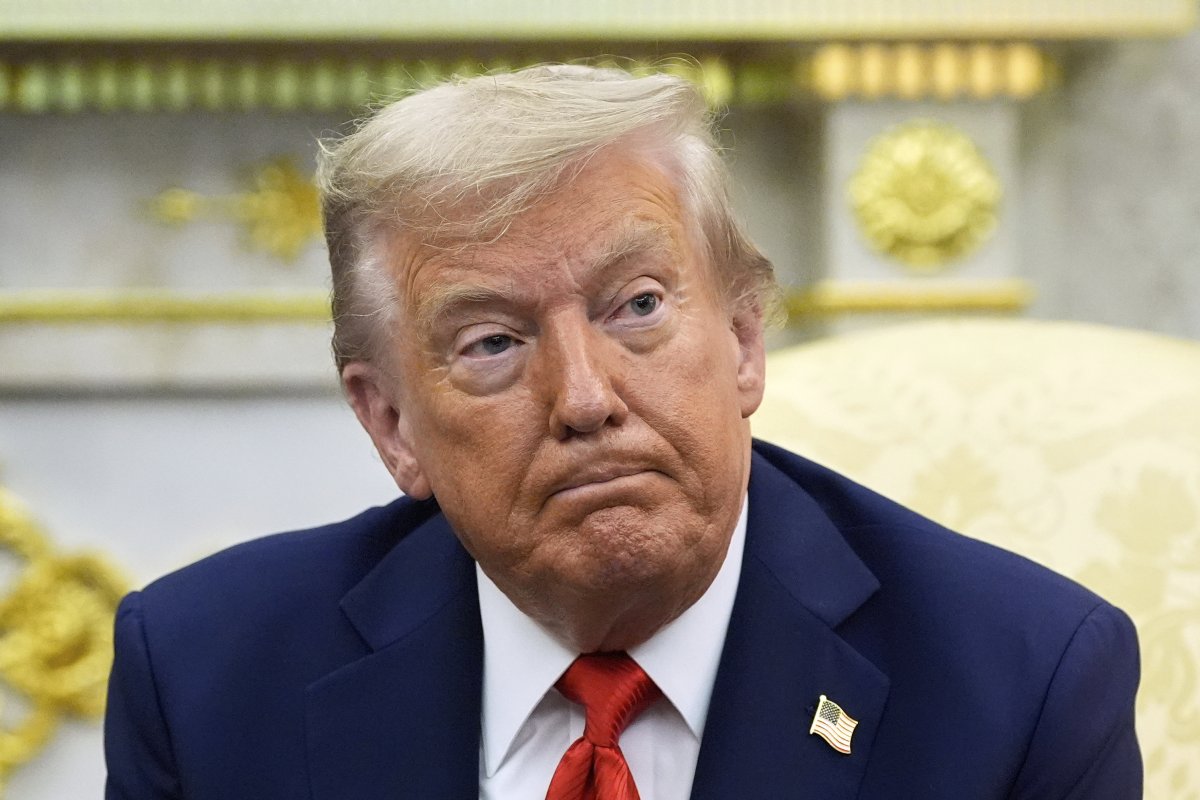Americans approaching retirement are skeptical of President Donald Trump’s plan to open up their 401(k)s to alternative assets such as real estate, cryptocurrency and private equity, a survey has found.
Nearly half (48 percent) opposed the idea, while 34 percent supported it and some 18 percent were neutral, according to the survey of more than 1,000 Americans, conducted by the retirement planning platform Boldin. In addition, 80 percent said they were unlikely to invest any portion of their 401(k) into alternative assets, with only 9.5 percent saying they would be “highly likely” to do so.
Why It Matters
Trump’s executive order has been viewed as a significant step for those in the alternative asset space, who have long pushed for access to the U.S. pension market. Advocates believe the change could yield higher returns compared with the current conservative investment approach, but others caution that introducing vehicles like crypto and private equity comes with additional risks, complexity and legal challenges.
What To Know
On August 7, Trump signed the executive order titled “Democratizing Access to Alternative Assets for 401(k) Investors.” This directed the Secretary of Labor, within 180 days, to review past guidance on alternative assets in retirement plans, to consider revisions to this and to issue clearer rules for plan managers.

Alex Brandon, File/AP Photo
“While more than 90 million Americans participate in employer-sponsored defined-contribution plans, the vast majority of these investors do not have the opportunity to participate, either directly or through their retirement plans, in the potential growth and diversification opportunities associated with alternative asset investments,” the order read.
However, Gopi Shah Goda, director of the Brookings Institution’s Retirement Security Project, previously told Newsweek that such assets “are typically less liquid and volatile, meaning that investors may not have immediate access to funds and are likely to be exposed to more risk.”
Boldin’s survey of its subscribers—the majority of whom are “close to or already in retirement”—found that 24 percent were strongly opposed to Trump’s proposal, with just over 24 percent somewhat opposed.
Although some said they would have invested a portion of their savings earlier in life, 35 percent said that they would not have invested in such assets at all and a further 43 percent would have limited their exposure to no more than 5 percent of their portfolio.
This is despite the financial literacy of the surveyed subscribers, 80 percent of whom said they were at least somewhat familiar with cryptocurrency, private equity and real estate.
Boldin said that these findings make clear that “financially savvy Americans have little interest in allocating their retirement savings to alternative assets like cryptocurrency or real estate.”
What People Are Saying
The Private Equity Stakeholder Project, a nonprofit watchdog focused on the private equity industry, told Newsweek: “Unlike stocks, private equity funds don’t trade on an exchange, so the value is based on what the fund says it’s worth. That makes it easier to get wrong—and could lead to disputes or lawsuits from workers if they feel they didn’t get a fair deal.”
“Private equity funds usually charge much higher fees than index funds—sometimes multiple layers of them—and those fees add up over time, leaving you with less money at retirement,” it added.
Amr Jomaa, CEO and founder at Navys, a legal tech platform offering funds expertise, told Newsweek: “I can understand why some Americans are cautious about their 401(k)s venturing into the unknown, particularly when it comes to private equity. For years, challenges around valuations, accurate and timely reporting, and high fees have deterred retail investors from the space, and overcoming these obstacles will be easier said than done.”
“It’s true that the road to private equity 401(k) investment is paved with hurdles, but at the end of the day, I’m confident retirement capital will begin pouring into funds before long,” he added.
Personal retirement planning firm Boldin wrote in its report: “These findings underscore a strong consensus: while alternatives may have a place for a small share of sophisticated investors, they are not viewed as a recommended or mainstream strategy for retirement savings. And, while some would have been more willing to invest a small percentage in their earlier years, when they would have had more time to recoup any losses, savvy individuals recognize the risks and prefer to keep speculative assets at the margins of their long-term planning.”
What Happens Next?
Trump’s executive order only instructs the Department of Labor to examine existing regulations around 401(k)s and other defined-contribution retirement plans, and has not altered existing laws or create any formal proposals for the incorporation of alternative assets.
